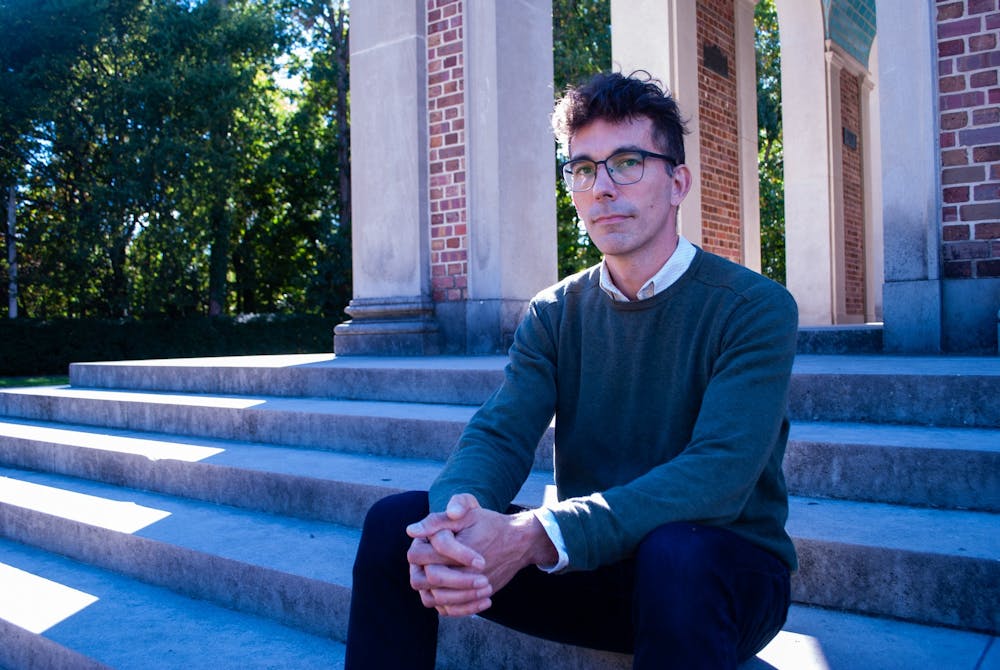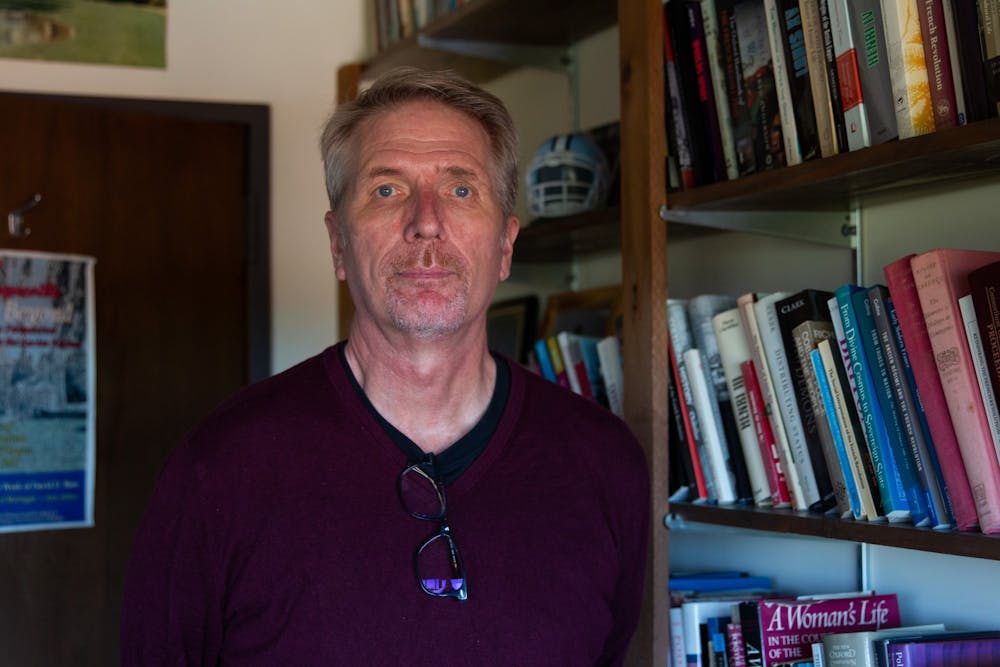The American Association of University Professors announced at the end of September that it launched a special committee to investigate violations of academic governance principles and structural racism in the UNC System.
Anita Levy, a senior program officer in the AAUP Department of Academic Freedom, Tenure & Governance, said the UNC Board of Trustees' initial failure to offer tenure to Pulitzer Prize-winning journalist Nikole Hannah-Jones persuaded the AAUP to appoint the Special Committee on Governance and Related Issues.
She said the ideal outcome of the report would be to assess and clarify the recent actions of the UNC System's governing bodies, specifically regarding governance, academic freedom and institutional racism — especially because one of the AAUP’s main goals is the advancement of academic freedom and shared governance.
“The AAUP has followed critical events and actions over the past few years in the University of North Carolina system and at UNC-Chapel Hill with growing concern,” Levy said in a statement. “These events appear to represent an evident pattern of departures from principles of academic governance and of persistent institutional racism in the UNC system and on the part of its governing boards.“
The investigation will focus on the UNC System as a whole, but history professor Jay Smith — the vice president of the UNC-Chapel Hill chapter of the AAUP — said he thinks it is clear the University is taking center stage.
He said Hannah-Jones' tenure case is one indicator of the deep structural issues that work against people of color at UNC.
“It was such an obvious violation of standard academic protocols,” Smith said. “Tenure decisions are made by the faculty and endorsed by the provost, and typically rubber stamped by the Board of Trustees. Boards of Trustees have no expertise, no bearing, to make a decision on something like this.”
The other focus of the investigation is the Republican-controlled state legislature's effect on the Board of Governors, Boards of Trustees and the obstruction of faculty participation, according to AAUP's Sept. 29 press release.




